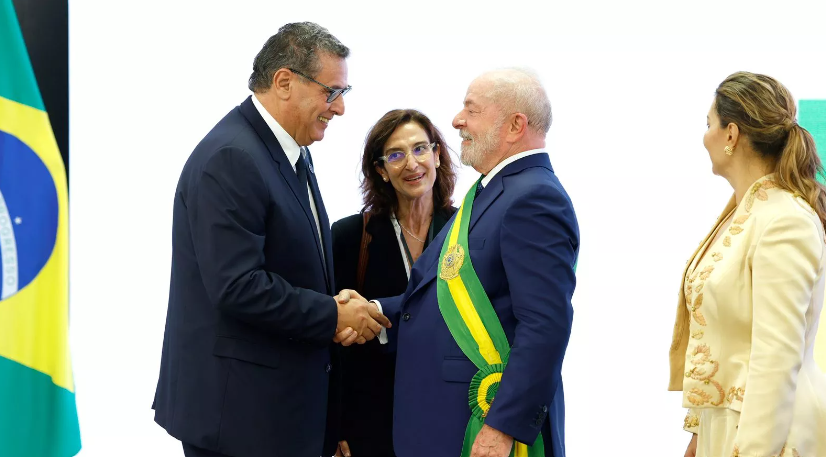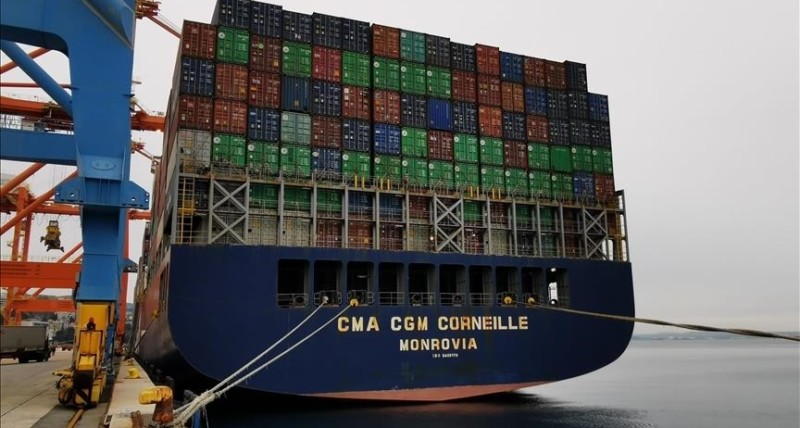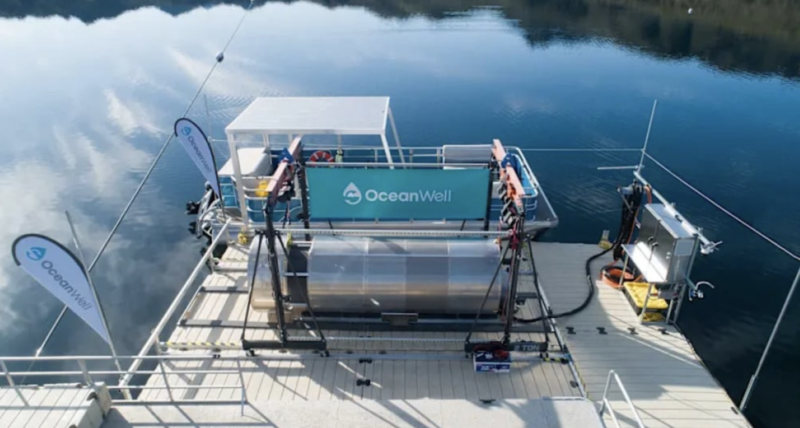
Morocco is part of a very select group of countries with dual maritime access: the Atlantic and the Mediterranean. The country is fully committed to strategically optimizing this valuable geographical asset, after His Majesty King Mohammed VI outlined the framework and set the course.
With more than 3,000 kilometers along the Atlantic, Morocco has the longest maritime coastline in Africa, sharing this geographic advantage with Brazil, whose coastline extends over more than 8,000 km. In a similarly converging manner, both Morocco and Brazil promoted their respective sovereign rights over their territorial seas, exclusive economic zones, and continental shelves almost simultaneously in 2020, within the framework of the United Nations Convention on the Law of the Sea.
Both countries, true to their well-known multilateralist vocation, aim to exercise their sovereignty and jurisdiction in these maritime areas responsibly, while optimizing these spaces as places for connection and cooperation.
This shared maritime vocation allows us to understand each country’s Atlantic projection. For Brazil, it primarily involves the ZOPACAS (Zone of Peace and Cooperation of the South Atlantic), launched by Brazil in 1986, which now includes 24 countries on both sides of the Atlantic. For Morocco, the three most emblematic projects in this regard are the Dakhla-Atlantique port and the logistics corridor benefiting the four Sahelian African countries (Mali, Niger, Burkina Faso, Chad); the Nigeria-Morocco gas pipeline, which aims to connect the energy facilities of 14 African Atlantic coastal countries; and the PEAA (Atlantic African States Process), launched by Morocco in 2020, which seeks to stimulate regional integration for 23 countries along Africa’s Atlantic coast across three key areas: 1) security, 2) the blue economy, maritime connectivity, and energy, and 3) sustainable development.
Certainly, the affirmation of the irrefutable maritime vocation of both Morocco and Brazil on either side of the Atlantic constitutes an additional lever to elevate their bilateral partnership to a strategic level, optimizing the intrinsic assets that make this relationship unique: historical and human references dating back to the 19th century, a multilateralist credo consistently advocated by the two countries’ diplomacies, and cross-cutting economic interests that continue to grow. These « advantages » have been increasingly emphasized by both Moroccan and Brazilian diplomacies since the state visit of His Majesty King Mohammed VI to Brazil in November 2004.
Since then, Morocco and Brazil have built, underpinned by mutual trust and ambition, a solid and robust relationship—a multi-actor, multi-sector relationship that has successfully invested in food security and air and maritime logistics. The maritime vocation of both countries will also capitalize on their strengthened bilateral legal framework, particularly in defense, security, double taxation agreements, and customs cooperation. Furthermore, it will elevate bilateral technical cooperation, mainly in the fields of renewable energy, green hydrogen, and oceanography.
In sum, it is promising to observe that Morocco and Brazil fully agree on the fact that, to better understand new concepts like nearshoring, the blue economy, and maritime sovereignty now dominating geo-economics, the maritime dimension is, more than ever, a necessary condition to establish the strategic projection of each country, both regionally and globally. It is equally encouraging to note that the « global player » status they both rightfully aspire to is built on the complementarity of their key assets: food security (fertilizers for Morocco and high agricultural productivity for Brazil). This ambition also comprehends, with equal interest, the competitive interconnection of land and sea, with multimodal corridors for Brazil and international-standard logistics platforms for Morocco (Tanger-Med and Dakhla-Atlantique).
This convergence of views between Morocco and Brazil echoes a historical reminder, as the first diplomatic contacts between Morocco and Brazil date back to 1860, following the rescue by Moroccan sailors of the Brazilian vessel « Donna Isabella » off the coast of Tangier. This event fostered a relationship of esteem and cordiality between the royal houses of both countries, culminating in the opening of Brazil’s first consular representation in Tangier a few years later. The unique history between Morocco and Brazil, initiated more than 150 years ago, will undoubtedly write a new chapter, fully investing in the Atlantic and optimizing its many assets, from the blue economy to sustainable fishing, from oceanography to security coordination. The future envisioned is that Morocco and Brazil will be at the forefront of a new geopolitical structure for the Atlantic and at the cutting edge of an innovative geo-economic correlation between the two shores of this highly promising space.



